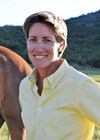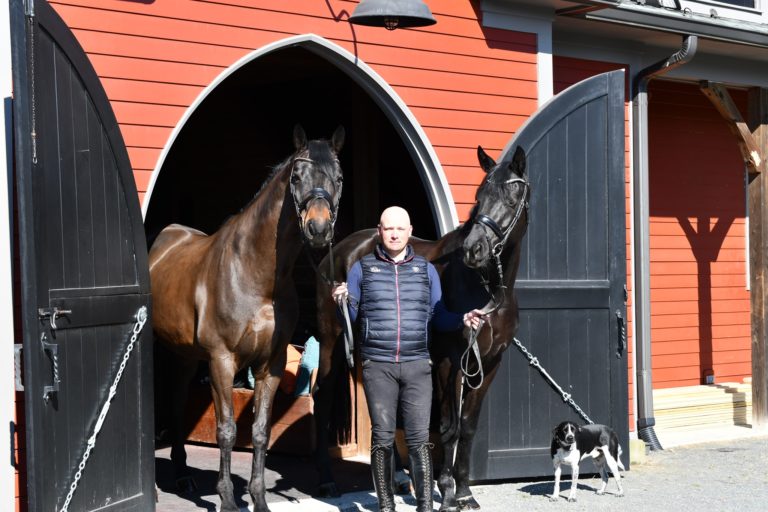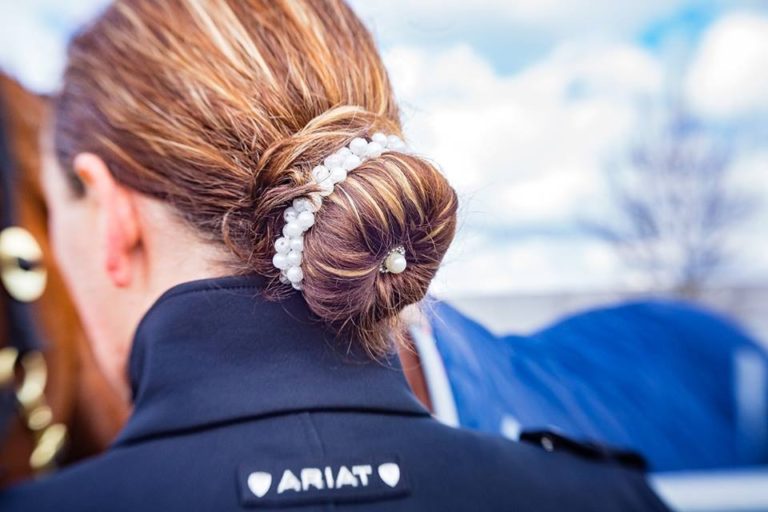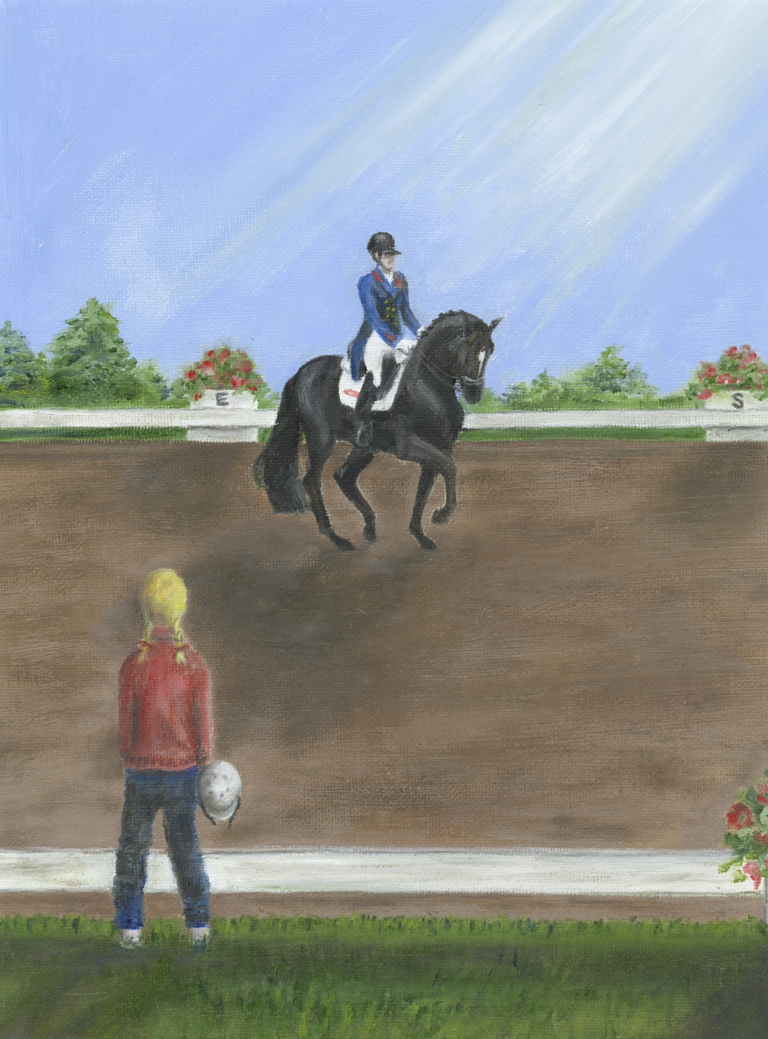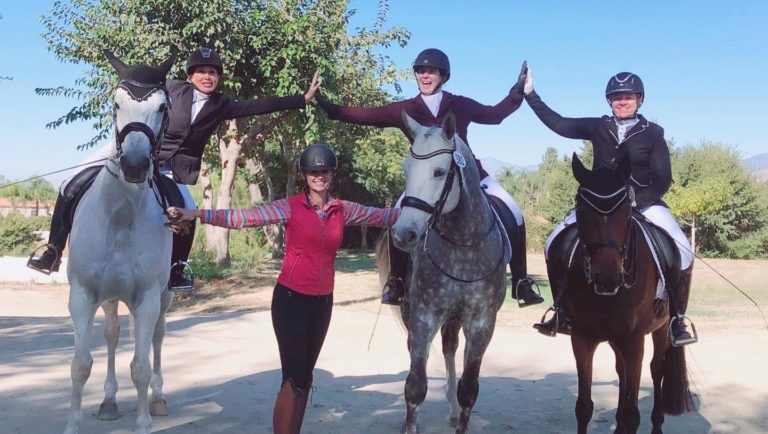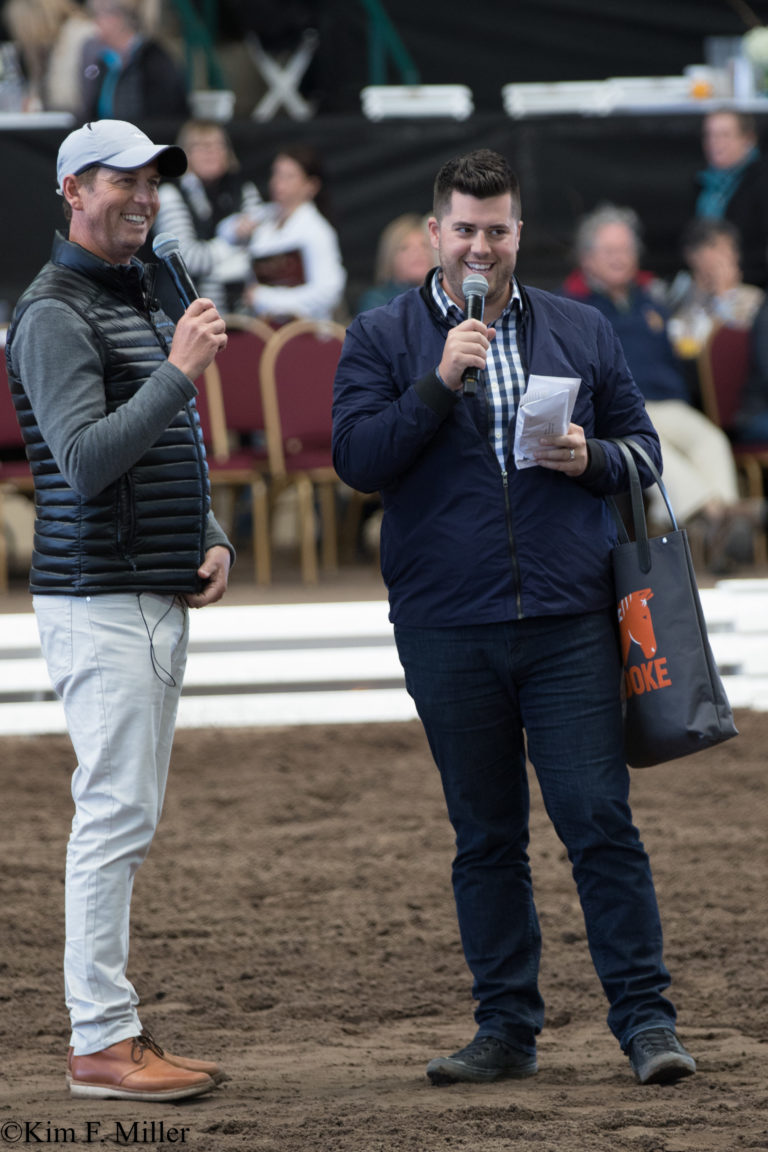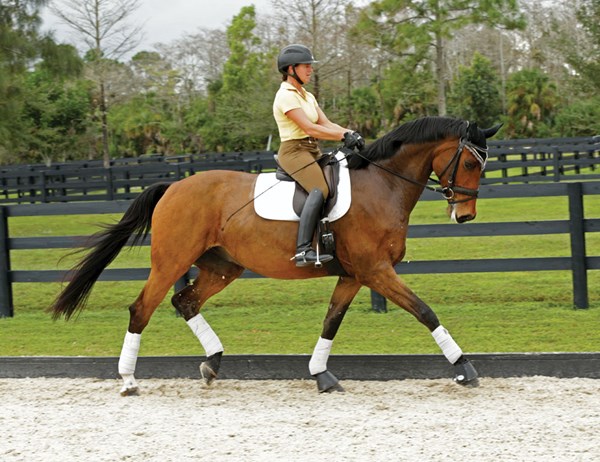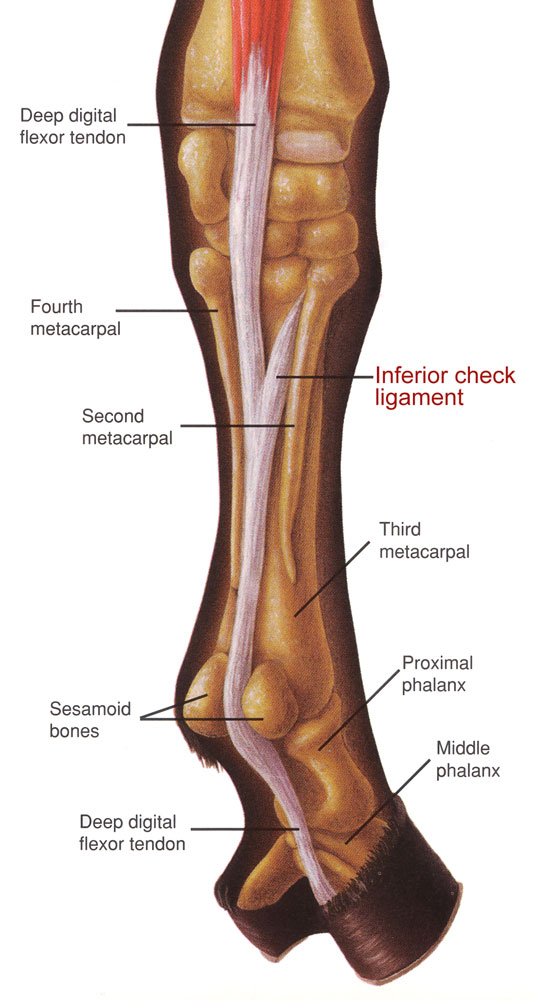“I saw him across a crowded paddock….”

Have you ever seen a Humphrey Bogart movie? Think “Casa Blanca” or “Sabrina.” Humphrey Bogart films tend to be stunning and deeply clever plays on our lack of control of emotions—especially when it comes to love. The story line typically includes two star-crossed lovers who catch a mere glimpse of each other and then fall madly in love. I’ve found that this kind of emotion-based decision-making appears in our relationships with horses as well. Have you ever bought a horse over the Internet with minimal information, or because the moment you laid eyes on him you knew he was “the one”? Or maybe you know someone who did? Yep, Humphrey Bogart Syndrome! Since our interactions with horses are usually based on a unique kind of love for them, it makes sense that we can get caught up in our emotions and fantasies. Many of us, myself included, have fallen in love with a horse for absolutely no real rational reason. Sometimes these relationships can be successful, but often they are not.
So when you’re shopping for an equine partner how do you turn the experience into one that is not only fulfilling on an emotional level, but also on a rational decision-making level? I see so many poorly matched horse-and-rider combinations because they lack thoughtful preparation that includes more than just feeling.
To guide this experience, I think it is helpful to have a “decision template,” or a checklist that ensures we do not forget to consider the most important elements of any relationship—whether they involve purchases of horses or even romances between humans. This list includes the nonnegotiables.
Most of us think we know what we are looking for in a horse but many are not clear on what we do not want. Below are some suggestions on creating a powerful set of criteria that you can have on hand before you enter that crowded paddock. Be sure to consider:
• Your goals. Have a clear vision of what this horse is helping you to accomplish and make sure those goals are a realistic fit for the horse as well.
• Your skill set. No matter what your trainer can ride, you have to be able to ride your horse. And you need to be able to ride him now, not some day. Period!
• Your budget. Be firm here, no matter how handsome Humphrey is.
• Your nonnegotiables. These are more important than anything. What do you need to avoid in a horse to make riding safe and enjoyable? What are the deal-breakers? These vary from person to person, and you should be sure to consult your trainer.
-For many Adult Amateurs, temperament is the most important factor to consider, yet it can be the most difficult to assess in a single afternoon test-ride. You have to carefully tune into your gut. If you get any tingling that creates concern, listen to it.
– History of lameness or illness
– Movement is tricky because we love the glamour of a big mover…but can you ride one?
– Size, because it does actually matter. If you know a big horse will give you a reason to fret each time you go to get on, then don’t get a giant horse!
– Vices
– Age, sex and breed are all influencers on behavior and temperament. Know what you can handle and don’t compromise.
As you move forward in the horse-shopping process, ask all of these questions before you even map out your route to try the horse. Once you fall in love across that crowded paddock, it’s too late and your heart will rule. The stronger the design of the partnership, the more success, happiness and fulfillment you both will have. When a partnership is not well matched, the horse suffers, too.
You will have to make tough decisions, but remember that the short-term pain will lead to long-term gain. When you make a great purchase that meets most of your criteria, a lasting relationship will beat a movie any day. Here’s looking at you, kid.
Jenny Susser has a doctoral degree and is licensed in clinical health psychology, specializing in sport psychology. A four-year all-American swimmer at UCLA, she swam on two national teams and at the 1988 Olympic Trials. She has worked with athletes of all sports and ages—collegiate, professional, international and amateur. She was the sport psychologist for the 2010 WEG South African Para-Dressage Team and the 2012 U.S. Olympic Dressage Team. Dr. Jenny is also a performance coach with Human Performance.
